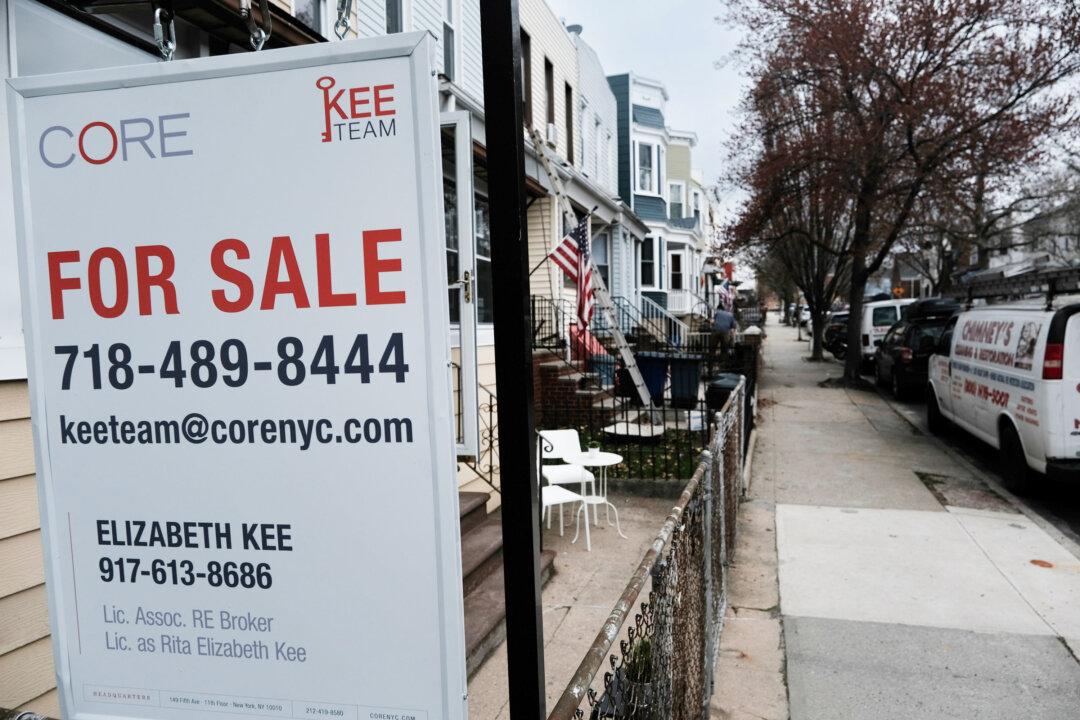The high costs of housing are pushing many Americans to take drastic measures such as avoiding meals and medical treatments, according to a recent survey from real estate brokerage Redfin.
“Nearly three-quarters (74 percent) of U.S. residents who earn less than $50,000 per year, sometimes regularly or greatly struggle to afford their regular mortgage or rent payments,” a Nov. 18 statement from the company reads. “Of those people, nearly one-quarter (24 percent) report they have skipped meals to afford their monthly housing costs.





